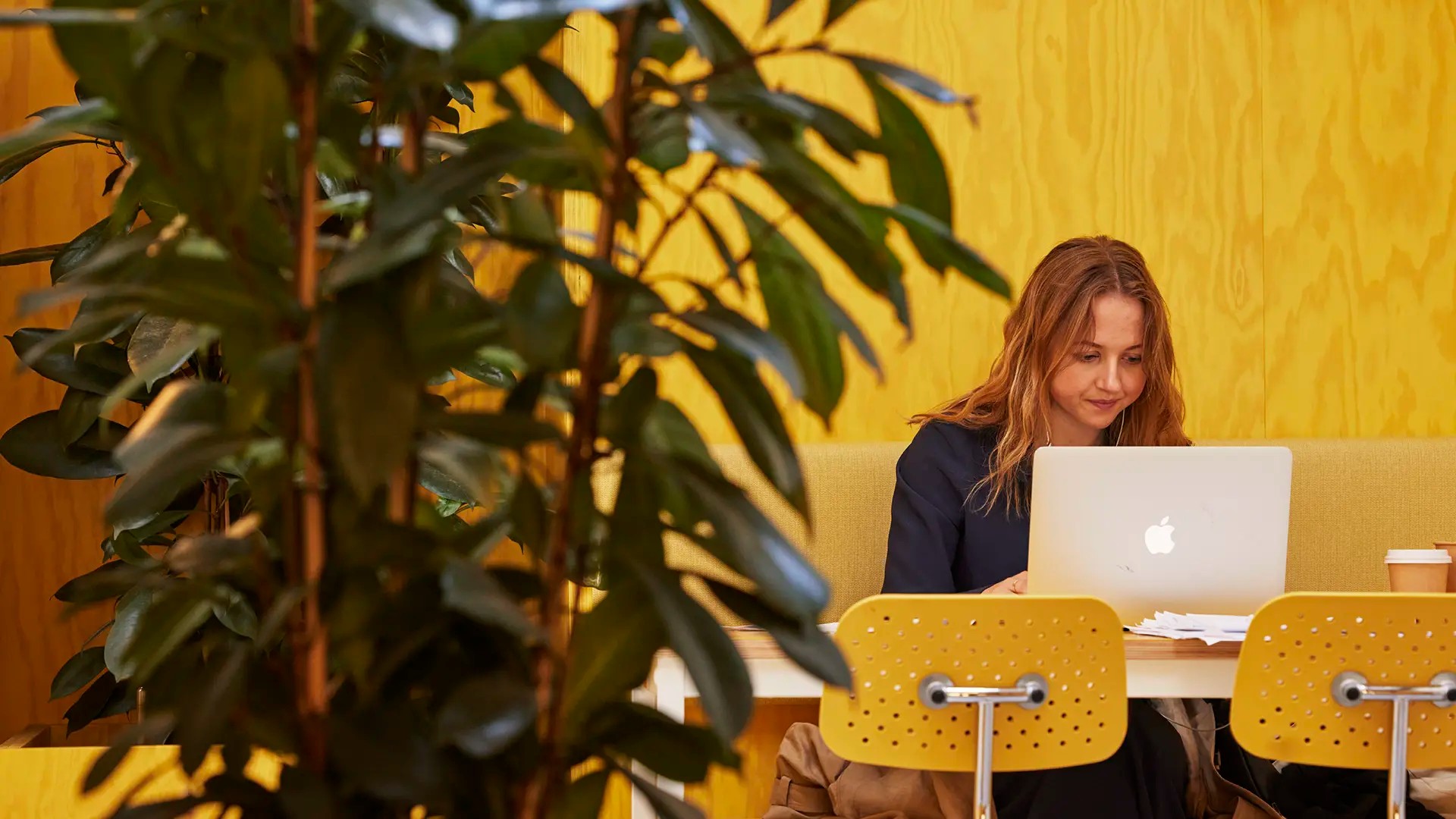
Studying at university demands a high degree of independence and it is important to establish a good study technique. Study technique may range from keeping relevant notes to planning your study time and establishing the right routines.
Use of AI systems, known as chatbots, in your studies
Using the right study technique can help to achieving good results.
The student guidance counsellors meet students on a daily basis and see how crucial it is to have the right strategies for studying. Find your student guidance counsellor at Contacts for master's programmes. In addition to meeting a student guidance counsellor, there are many things you can do yourself to make your studies easier.
Study Technique Booklet with Concrete Tips and Techniques
To determine which study technique suits you best, you may need to try different methods. In this booklet, you'll find some examples of things that many students have tried successfully.
The study techniques in the booklet are divided into the categories "before," "during," and "after." It's about how you prepare for your studies, how you actively engage as a student during ongoing studies, and how you absorb and remember your new knowledge after completing your studies.
Videos on study techniques by Björn Liljeqvist, BrainGain Education AB
Below you will find a selection of movies about “how to study” by Björn Liljeqvist, expert in study strategies, a former Chalmers student and chairman of Mensa International.
You can watch the movies at Chalmers Play.
1. Become a better student
What are study skills? How do you learn more in a given time? This series on study skills starts with an overview. We talk about different types of knowledge, reading skills, how to build good study habits and use our time efficiently.
2. Before. During. After. Three types of study sessions
Before: Overview, preview, planning.
During: Active learning, to acquire new knowledge by making your own version of it.
After: Repetition and reflection, to make sure you retain what you learn.
Most study techniques belong in one of these three groups.
3. How to read course literature
Reading academic literature isn't like reading fiction. We need to read course books in several steps or stages. We start by familiarising ourselves, then we go into the details and learn the relevant information.
4. Get it done: Building habits and routines
Study skills is not just about learning, it's also about studying regularly without putting things off for tomorrow. What techniques can we use to build regular habits and avoid procrastination?
5. Study skills for problem solving
To study mathematics or technical courses is a bit different since a lot of the knowledge is about applied problem solving, in addition to theoretical understanding. This is a practical skill, which we have to approach in the right way.
6. How to remember what you learn
Memory is not a fixed quantity. We can improve our memory power by using well known strategies. Clever association techniques combined with good repetition strategies makes all the difference.